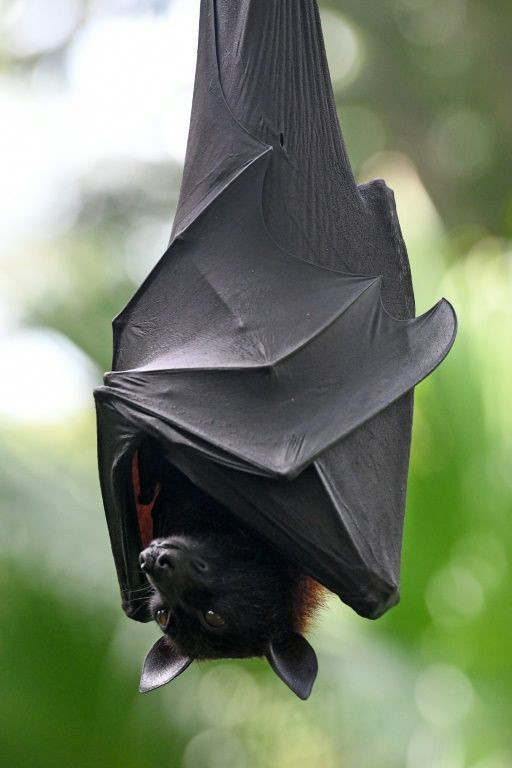Did COVID-19 Originate In Bats? Study 'Raises Serious Doubts'
KEY POINTS
- Researchers analyzed the literature on bats as animal reservoirs
- There was no sufficient evidence to prove they're reservoirs of viruses
- "(T)heir role has been consistently exaggerated," researchers say
The origins of COVID-19 remain a mystery, but a lot of the blame has been placed on bats. In a new study, a pair of researchers has concluded that the flying mammals don't deserve the bad rap.
Bats have been seen as reservoirs of viruses, but there's actually "not enough evidence" behind the claim, the researchers wrote in their paper published in iScience.
"In many cases, bats are able to confront viruses, recover, and remain immune by developing a potent titer of antibodies, often without becoming a reservoir," they wrote. "Moreover, bats exhibit a balanced immune response against viruses that have evolved over millions of years."
In the case of the current pandemic, bats have once again taken much of the blame as the reservoirs of the virus. But even if there is some degree of evidence to support the presence of the "ancestral COVID-19 virus" in them, the actual, direct source of the pandemic remains unclear.
Researchers analyzed the available literature to see whether there is any merit to the claim that bats are reservoir animals. They looked at the findings for 101 viruses, including COVID-19, SARS and Ebola, for which they're considered to be potential reservoirs.
However, the team found no evidence to back up the claim. In 48% of the cases, the claim was based on finding antibodies for the disease, not "actual virus isolation." This shows that the bats survived the disease and developed immunity to it, study lead Maya Weinberg, of Tel Aviv University, said in a news release. But it doesn't necessarily mean they have become reservoirs of the disease.
"(T)hey overcame the virus altogether and disengaged from it; hence, they are no longer its carriers," Weinberg explained. "The mere isolation of a virus is not enough to see an animal as a reservoir...Furthermore, the very detection of a particular virus in bats does not necessarily ensure further infection, and other biological, ecological and anthropogenic conditions must exist in order for such an event to occur."
In other words, there is evidence that bats can cope with many viruses better than humans because of their efficient immune system. But when it comes to being reservoirs, the evidence remains insufficient. The results of the work "raises serious doubts" about bats being the source of COVID-19, Weinberg noted.
"Our findings suggest that in many cases the confidence regarding the bats' role as reservoir animals is not sufficiently supported," the researchers wrote. "Although we do not claim that bats are never the origin of human pathogens, we suggest that their role has been consistently exaggerated and often without the necessary scientific basis."
In fact, the findings could even open up new avenues for seeing bats from another point of view: their excellent immune system. According to Weinberg, their anti-viral capabilities may even help in the search for agents against diseases, aging and even cancer.
"Bats play an important role in insect control, reseeding deforested areas, and pollinating a variety of plants," the researchers wrote. "Like all animals, bats deserve a more accurate and scientific approach to the terminology applied to them."

© Copyright IBTimes 2024. All rights reserved.






















